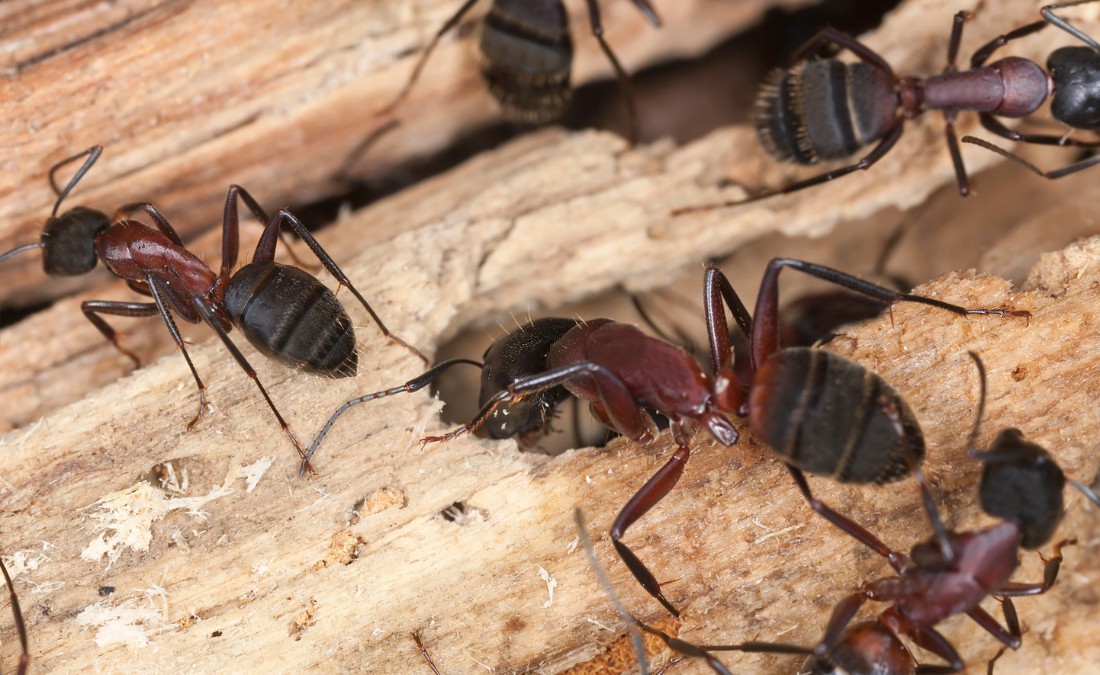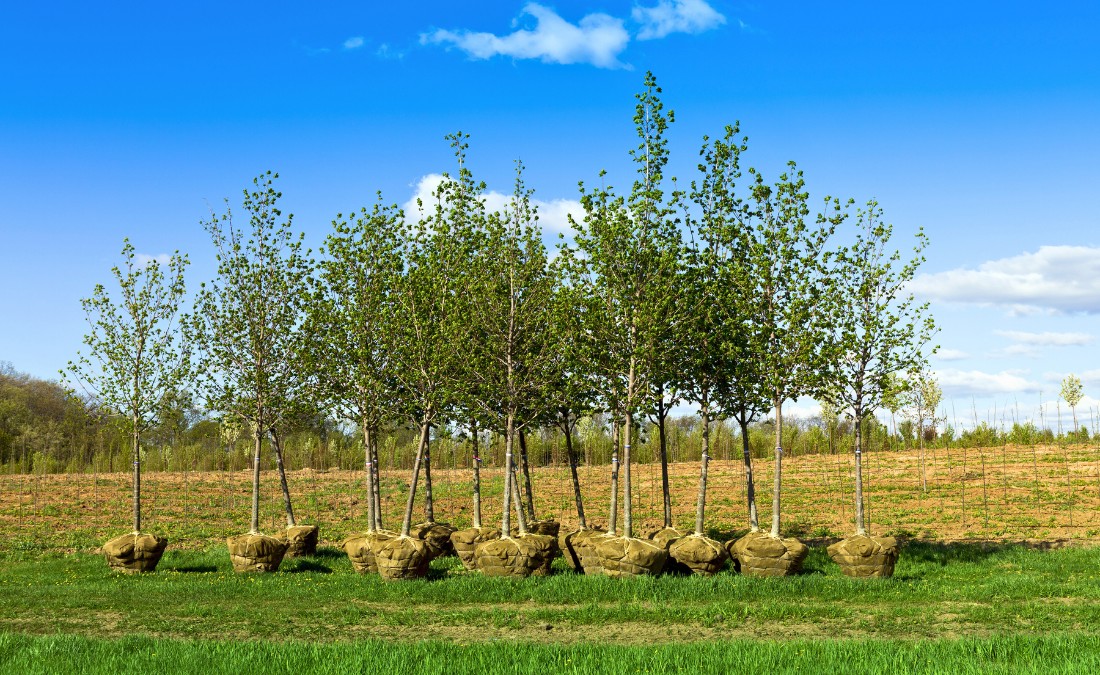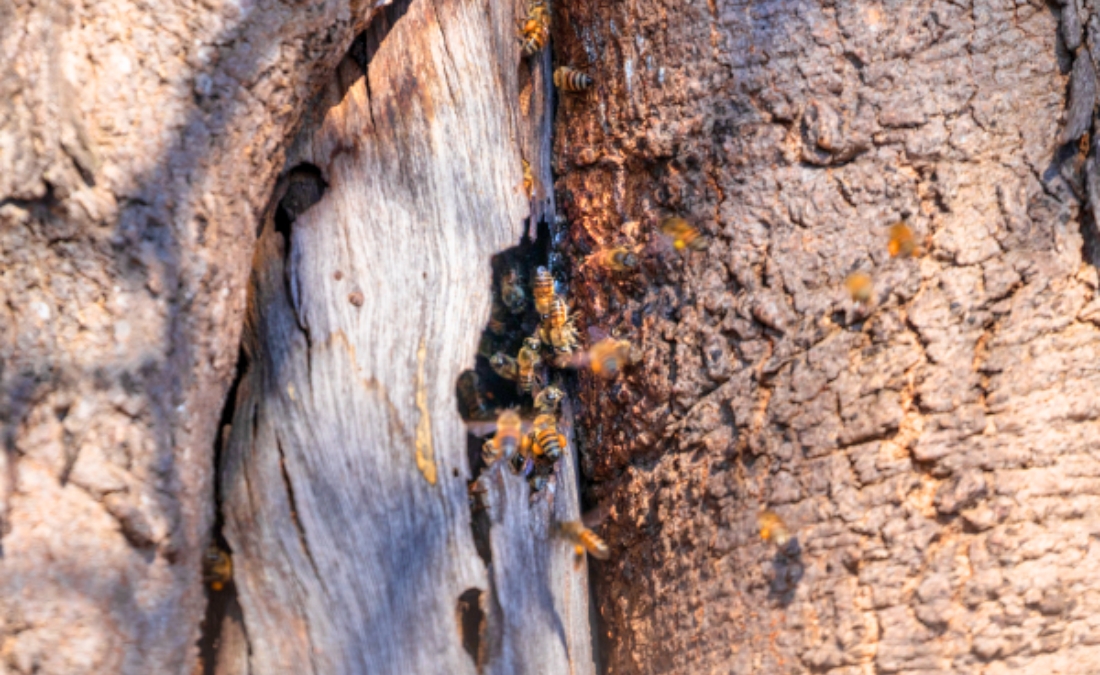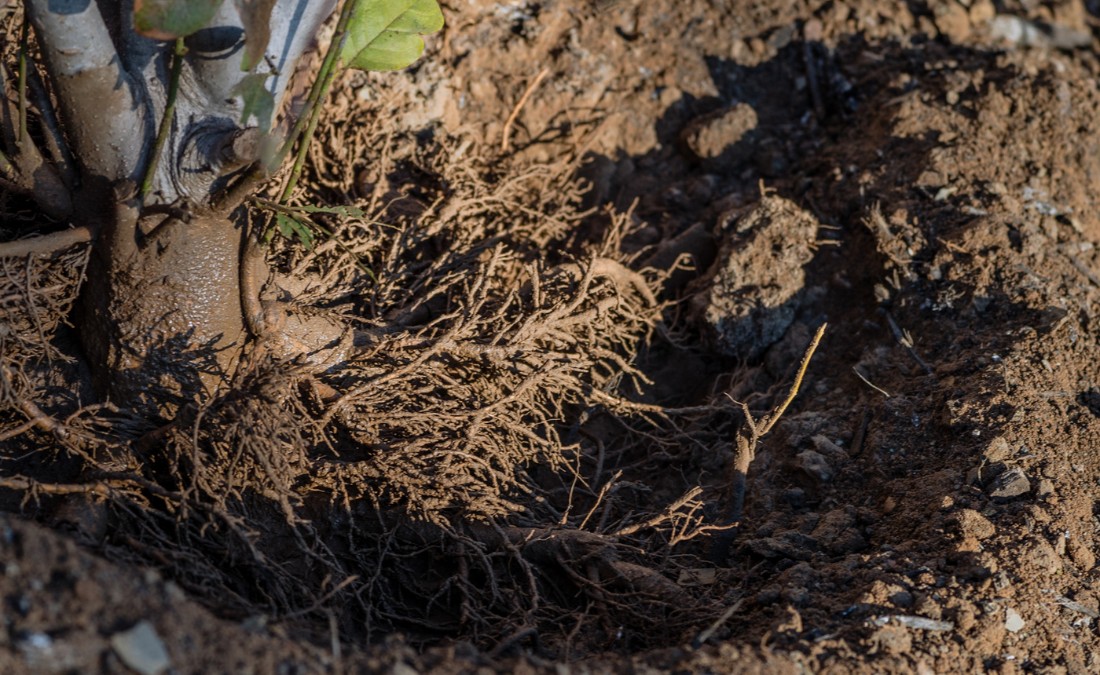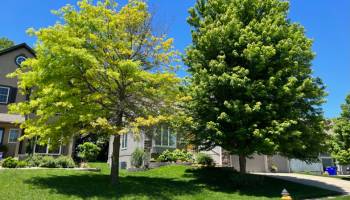Winter Tree Care: How Anti-Desiccants Can Save Your Trees

At Arbor Masters, we help prepare trees for the winter with anti-desiccant and fertilizer treatments. These treatments help protect your trees and give them access to the right amount of nutrients and moisture during the winter.
Enhancing Winter Tree Protection with Anti-Desiccants and Fertilizers
Fall is one of the most exciting times of the year for nature lovers. While we inch closer to the winter, our trees and plants often take on dramatic, beautiful transformations as they prepare for dormancy. There’s a lot of preparation that goes into surviving the winter, and we can do our part to help trees thrive, giving them a perfect starting point for the spring growing season.
At Arbor Masters, we help prepare trees for the winter with anti-desiccant and fertilizer treatments. These treatments help protect your trees and give them access to the right amount of nutrients and moisture during the winter.

Products to Protect Your Trees in Winter
Winter can be a harsh time for plants, especially when it comes to retaining moisture in their needles and having reliable access to water and nutrients in the soil. Anti-desiccants and fertilizers provide support to trees as they work to survive the winter.
Anti-Desiccants
Anti-desiccants are a liquid solution applied to tree and plant leaves after they have begun their dormancy period, typically occurring in early winter. We recommend anti-desiccant treatments most commonly on needle and broadleaf evergreen trees, including arborvitae, spruce, evergreen magnolia and other similar species.
The solution forms a clear, thin film over the leaves, minimizing water loss from transpiration, the process in which plants transport water from the roots to leaves, releasing water vapor into the air through their stomata. This minimizes water loss and helps to keep trees hydrated. This is especially important during winter when the dry and cold air can cause plant leaves to lose moisture rapidly.
Aside from their moisture-retaining properties, anti-desiccants also offer protection against frost damage and harsh winds. They may also reduce salt-spray damage that commonly occurs from de-icing agents used on roads and sidewalks during winter in central U.S. states like Iowa, Kansas, Missouri and Oklahoma.
While anti-desiccants provide protection for many trees in the winter, they are not a substitute for the tree getting enough water and nutrients from its roots. An adequately watered tree will be more resilient to winter extremes and better prepared for continued extremes in heat the following summer. Anti-desiccant plays a role in overall resilience, reducing stress that can occur in winter.
Fertilizers
Fertilizers are nutrient-based solutions that replenish depleting nutrients like nitrogen, phosphorus and potassium to the soil for the tree’s needs. Some fertilizers specifically formulated for winter application play a crucial role in maintaining tree health. These fertilizers not only provide essential nutrients for the trees but also aid in nutrient storage during the dormant winter months. This means that when spring arrives, fertilized trees will have a head start on growth and will be healthier overall.
To apply the fertilizer, we use 6” probes that reach below turf grass roots where new tree roots grow. Biochar bonds with moisture and nutrients for optimal retention and availability to roots, while beneficial microbes invigorate existing microbes in the soil, enhancing root development.
If precipitation decreases in the winter, our trees struggle to access necessary nutrients and moisture, causing stress. The past two winters have been drier than average, and the following summers (2022-2023) saw extended periods of drought in the central U.S. Winter fertilization, paired with adequate watering and regular care, helps prepare your trees to be more resilient for future drought and other stresses.
Desiccation and Anti-Desiccants
Desiccation
Desiccation is when a plant transpires more moisture through its foliage (leaves or needles) than it can replace with moisture from the root system. Foliage becomes so dry that the tips die or the entire leaf dies. This typically occurs on the youngest growth, which is more tender and more likely to be affected by extreme weather conditions.
This process occurs during long dry periods. In the winter, harsh winds exacerbate desiccation. Trees planted in open, unprotected areas are often exposed to extreme weather conditions that cause desiccation.
Some trees are more likely to be affected by desiccation than others. Trees with limited root systems and young or newly planted trees will be harder hit in the winter due to limited water storage capacity in the root system. Solitary trees planted in landscapes far from structures or other trees, and trees planted on roadsides and in windbreaks, are often exposed to road salt, causing additional physical injury.
Typically, desiccation will present in irregular coloring and tip burn. However, some cultivars of trees like junipers, arborvitae and boxwood will naturally present color changes to red, purple, bronze and brown. This coloring, called bronzing, is a natural winter process for some species.
Anti-Desiccants
Anti-desiccants are substances that prevent or slow down the loss of moisture from plants. They are typically applied as a spray to the leaves and needles of trees and shrubs. By coating the foliage with a thin layer of protection, anti-desiccants help trees retain moisture during extended winter droughts.
At Arbor Masters, we use anti-desiccants to protect trees in the early winter. When the ambient temperature drops, plants send water from foliage into the roots and enter into dormancy. We treat trees on dry days, and only when we can assure ample drying time for the treatment. This will protect trees throughout the winter with one application.
Benefits of Anti-Desiccants and Fertilizers in Winter
Winter is a crucial time for plants to grow new roots below the ground and prepare for a busy growing season in the coming spring and summer months. Providing your trees with anti-desiccant and fertilizer treatments helps your trees retain moisture, repel pests and maintain a nutrient-appropriate environment for future growth.

Retain Moisture in Plants
The cold and dry air of winter can be harsh on plant leaves, causing them to lose vital moisture through transpiration. This loss of water can lead to dehydration and stress on the tree, making it more susceptible to disease and damage. Adequate watering up to the time of dormancy and treating with anti-desiccants can help trees prepare for and outlast severe winter conditions.
However, too much moisture can cause damage to your trees if drainage is poor. Our Winter Regenerate is an excellent treatment that can help de-compact the soil. The liquid formula contains beneficial microbes, biochar and a seasonally appropriate ratio of nitrogen, phosphorus and potassium. Our solution emphasizes potassium for root development at a time when fine roots on trees are actively growing, even though all growth above ground appears to have come to a standstill.
Reduce Pest Pressure
The layer of anti-desiccant protection on foliage not only helps the trees retain moisture during winter but also makes them less appealing to pests by minimizing tree stress, which is a common attraction of pests and diseases.
High concentrations of pests can lead to severe damage to plants and even death. By using anti-desiccants and fertilizers, we can discourage pest pressure on trees during winter. This reduction is crucial for maintaining tree health and reduce the risk of infestations.
Providing Nutrients for Better Spring Growth
When applied in late fall or early winter, fertilizers boost nutrients stored in tree tissues throughout the winter. This stored supply of nutrients will then be used when spring arrives, promoting healthy growth and development.
By treating your trees with both fertilizer and anti-desiccant, you can give your tree comprehensive protection during winters to receive and retain essential nutrients like nitrogen, phosphorus and potassium.
Conclusion: Treat Your Trees to Anti-Desiccation and Fertilization
While it is easy to simply take in nature’s fall beauty, it is important to remember that your trees need your help to thrive through the coming winter. Treating your plants to anti-desiccant and fertilizer treatments in late fall or early winter will help your trees survive through the winter and prepare for healthy growth in the coming spring.
If you are ready to help protect your trees from the coming winter with anti-desiccant and fertilizer treatments, contact your local arborist today.

Want More Like This?
Get the latest local news, tree care tips, special offers, and company updates directly to your inbox! It's easy to subscribe and there's no spam - we promise.
"*" indicates required fields


